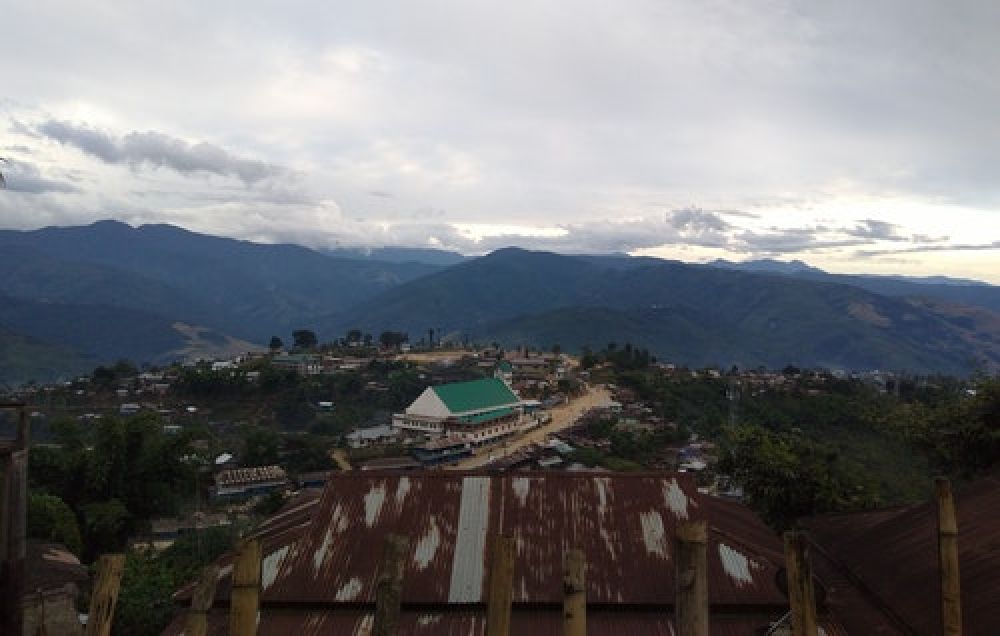

Noklak is a small yet captivating town located in the Tuensang district of Nagaland, India. It is known for its rich tribal culture, scenic landscapes, and as the home of the Khiamniungan people, one of the major Naga tribes. Despite its remote location, Noklak has steadily grown as a point of interest among cultural enthusiasts and adventure seekers.
The history of tourism in Noklak is relatively recent, with the area gaining attention post-India's independence and the subsequent integration of Naga tribes into the Indian mainstream. Originally, the region was off the beaten path for most tourists due to its topographical challenges and political climate with insurgency issues during the late 20th century.
However, with the advent of the Hornbill Festival, inaugurated in the year 2000, interest in Nagaland's tribal cultures and tourism potential surged. The festival, although not held in Noklak, showcased the state's unique heritage, indirectly promoting tourism in its various districts, including Tuensang.
Over the years, there has been a concerted effort by the Nagaland government to improve infrastructure to support tourism. This includes better road networks, the establishment of basic amenities such as guest houses, and the promotion of homestays that provide an immersive experience for visitors. Efforts have also been made to train locals in the hospitality sector to ensure a pleasant experience for tourists.
Eco-tourism and cultural tourism are the latest trends in Noklak. With its pristine forests and unexplored territories, the region is an ideal destination for those looking to escape the hustle of city life and indulge in nature. Bird watching, trekking, and exploring the flora and fauna are popular activities.
The region is also gaining popularity for its cultural festivals and events, such as the Khiamniungan cultural festival. These events provide a glimpse into the traditional lifestyle, music, dance, and handicrafts of the Noklak locals.
Noklak is especially known for its hospitality and the vibrant culture of the Khiamniungan tribe. Tourists are welcome to participate in their daily life, taste their unique cuisines, and observe their traditional practices. Handicrafts, particularly woven goods and wood carvings, are both a cultural treasure and a tourist souvenir.
Looking forward, Noklak has the potential to become a significant spot on the map for responsible and sustainable tourism. As the world moves towards more authentic travel experiences, regions like Noklak stand to benefit from this shift if tourism development continues to be handled with care for the environment and respect for local cultures.